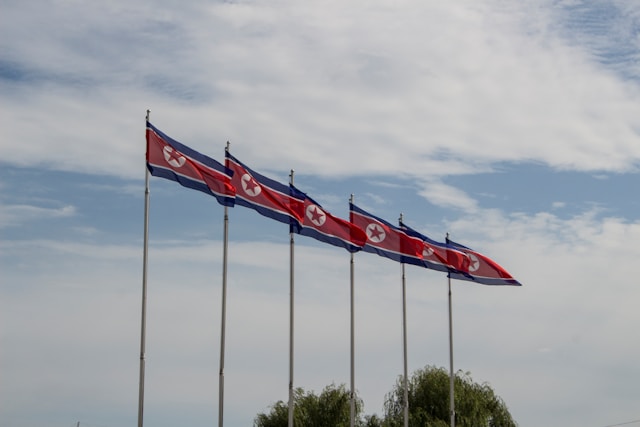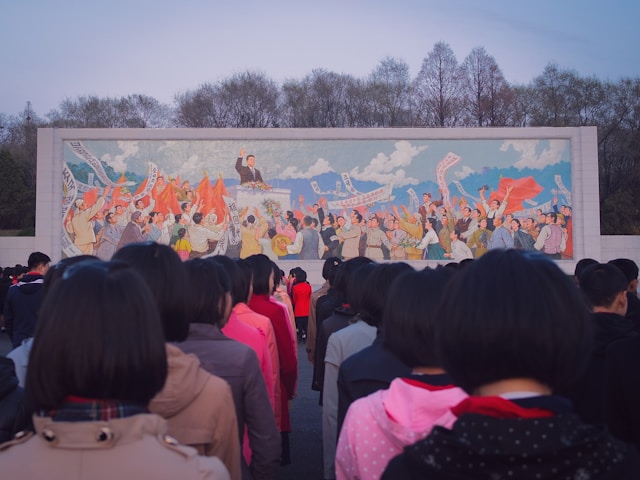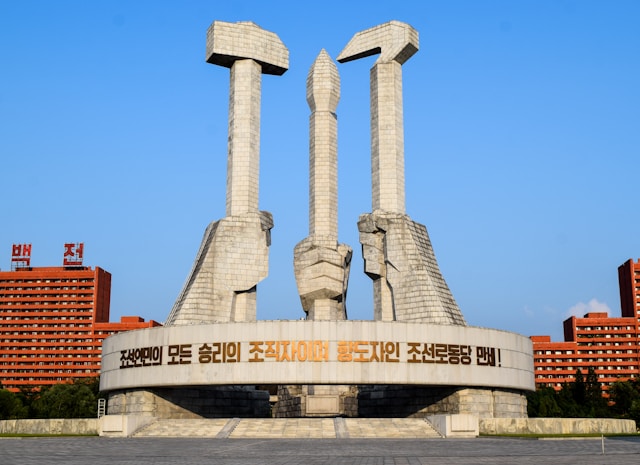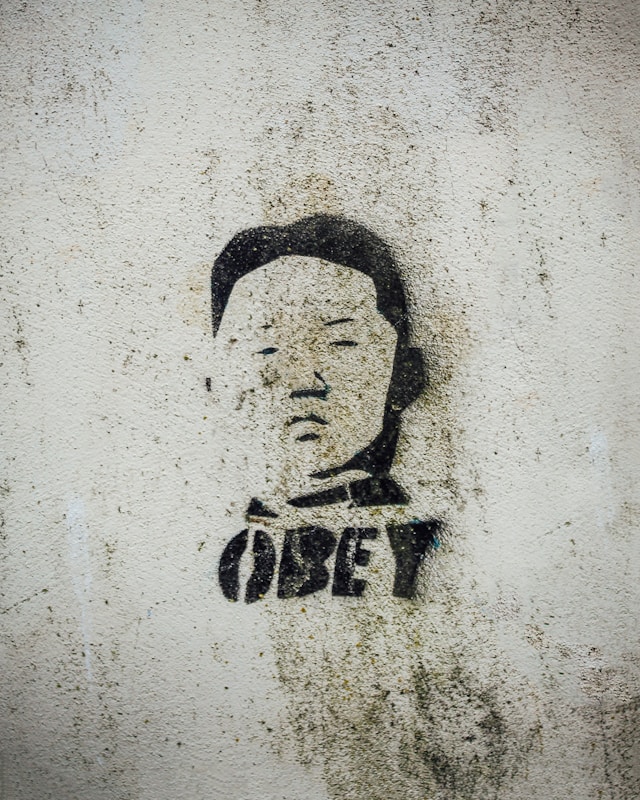The price of political loyalty in North Korea is a high one. Those who refuse to submit to the regime rapidly end up in a work camp. But not even citizens who do conform to the law are protected from its repressive tactics. With a new report, the UN highlights a painful fact: that forced labour is part of a complex state-run system in North Korea that keeps millions of people imprisoned in a cycle of control and exploitation. The High Commission for Human Rights refers to a possible crime against humanity.

The centre of international concern

North Korea, officially the Democratic People’s Republic of Korea, is a country of extremes. While the capital Pyongyang boasts pomp and opulence, many of its people live in poverty under the regime. Since the country was founded in 1948, it has become one of the world’s most opaque places under the leadership of the Kim dynasty. Beneath the surface of an apparently harmonious socialist society, it simmers: life for the North Korean population is shaped by strict control, brutal suppression and an ideology that permeates every aspect of daily life. From early childhood onwards, North Koreans are taught to idolise their leader and to place the state above everything else.
This systematic indoctrination can be found in all areas of life. Those who dare to show even a semblance of thought deviating from this norm are at risk of harsh punishments. Now, following a years-long investigation, the High Commission for Human Rights has published a document in Geneva showing that a sophisticated system of forced labour exists in North Korea. Millions of people are controlled and exploited by this system, and robbed of their basic rights.
North Korea as a focus for the UN
For more than 10 years, dozens of experts carried out research, interviews and inquiries, until the moment of truth came on 16 July 2024, and the Report on the Institutionalised Use of Forced Labour by the Democratic People’s Republic of Korea (DPRK) against its Citizens was presented. Written between 2015 and 2023, the report, the result of years of investigations and 183 interviews with people who have fled the regime, describes a complex six-level system which forces millions of North Koreans to undergo inhumane working conditions. The North Korean system of forced labour includes not just years of compulsory military service, but also the formation of ‘revolutionary shock brigades’. These serve as work groups in dangerous and physically-demanding sectors, including construction sites and agricultural operations, where they suffer from insufficient nutrition, a lack of protection, and are under constant supervision.

Under these extreme conditions, people are forced to work, without payment, against their will, and with no access to medical care. This control and the regular use of violence, particularly against women, who are also at risk of sexual violence, strengthen the brutality of the system further still. This systematic suppression is increased even more by the North Korean state’s total control of work assignments, meaning workers have no means of negotiation and are threatened with prison or violence should they complain or fail to comply. Unsurprisingly, the report appeals for the North Korean government to end these practices immediately, and the UN Security Council is commissioning the International Criminal Court (ICC) to investigate and pursue these crimes against humanity.
New report, well-known alarm signals

The results of the new UN Report on Forced Labour in North Korea, while shocking, are anything but isolated. For years now, there have been alarming reports of systematic human rights abuses in the country on repeated occasions. Back in 2014, a UN Commission of Inquiry found that the North Korean government was committing crimes against humanity through its comprehensive human rights abuses. This finding was further underpinned by various reports, including the documentation of Human Rights Watch describing the brutal conditions in punishment camps and systematic use of torture. The Report on the Consequences of Covid-19 Restrictions for women and girls, published in 2023 by UN Special Rapporteur Elizabeth Salmon, on the other hand, showed how the hardships suffered by the country’s already severely disadvantaged female population evolved into an existential crisis during the pandemic.
The reports underline the sustained and worsening emergency in North Korea: the criminal justice system is shaped by its arbitrary nature an absence of the rule of law, prison conditions are inhumane, and forced labour and sustained political and economic suppression lead to massive human rights abuses. Although there have now been repeated international warnings, exactly when the international community takes real action remains to be seen.
Translated by Tim Lywood
#Nordkorea #DemokratischeVolksrepublikKorea #politischeunterdrückung #wirtschaftlicheUnterdrückung #Menschenrechtsverletzungen #Zwangsarbeit #AgainstHumanTrafficking #GegenMenschenhandel #EndExploitation #EndTrafficking #HopeForTheFuture #Österreich
